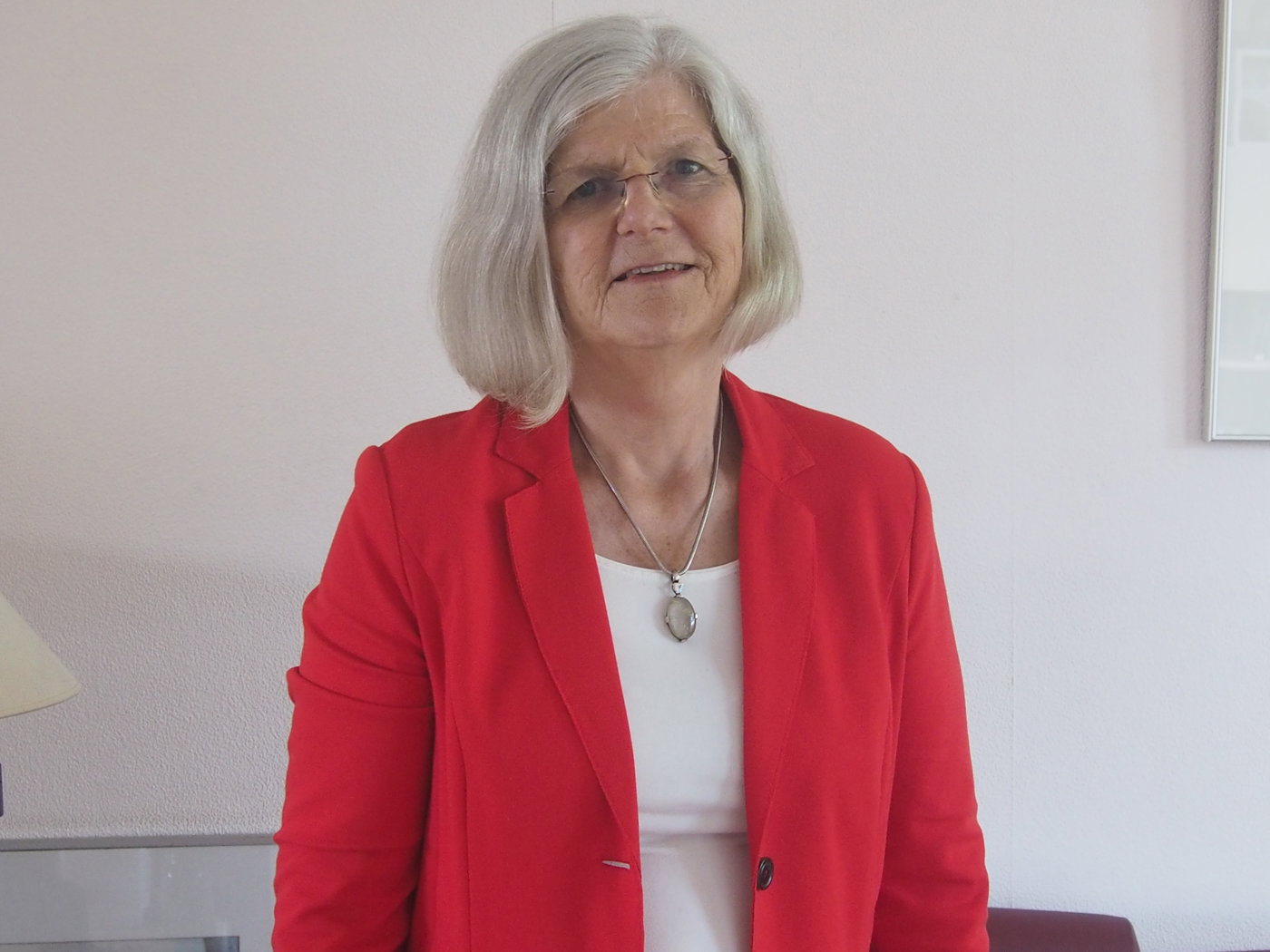No matter what age you are: friends are important. Not everyone is good at maintaining friendships or making new friends, however. The good news is: you can learn how. As long as you don’t believe in the fairytale of a “click”, after which the rest happens automatically, warns emeritus professor and friendship expert Nan Stevens. “People trend to romanticize friendships just like they sometimes romanticize love relationships.”
From October 1 through 8, we are observing the Week against Loneliness. To keep loneliness at bay, investing in friendships and social relationship is important. Strong social relationships provide not only enjoyment in life, but also a stronger sense of self-worth, better health and even a longer life, research has shown. Especially later in life, when major changes – for example due to the loss of loved ones or declining health – often have a big impact, friendships can help to increase wellbeing and keep feelings of loneliness at bay.
A social network is essential for everyone, young or old. As an emeritus professor of Applied Social Gerontology (VU Amsterdam) and associate professor of Psychogerontology at the Radboud University, Nan Stevens knows all about that. Although she retired in 2014, she is still active as a guest lecturer and as an expert in grief-processing, loneliness and friendship later in life. Over 25 years ago, she developed a successful friendship course with the objective of decreasing feelings of loneliness. In 2015, an online version was also developed, which is offered through the Free University.
What is the most stubborn misunderstanding about friendship?
“That it happens automatically. That friendship should happen spontaneously and that maintaining it should take very little effort. People tend to romanticize friendships just like they sometimes romanticize love relationships: there is just a sort of ‘click’ magically between people and the rest happens automatically. But the reality is often different.”
Why is that?
“First of all, not everyone is blessed with the same set of social skills. Starting a conversation with a stranger is very easy for one person, while for someone else that is an enormous threshold to cross over. Some people are really good at assessing others, others have more difficulty with that. By thinking that starting and maintaining friendships should be automatic, we sometimes forget that it actually takes quite a few skills. For example, the ability to be open, to understand others, to self-reflect, to manage each other’s expectations, maintaining contact, and so on. These are skills that not everyone has learned or maintained.”
